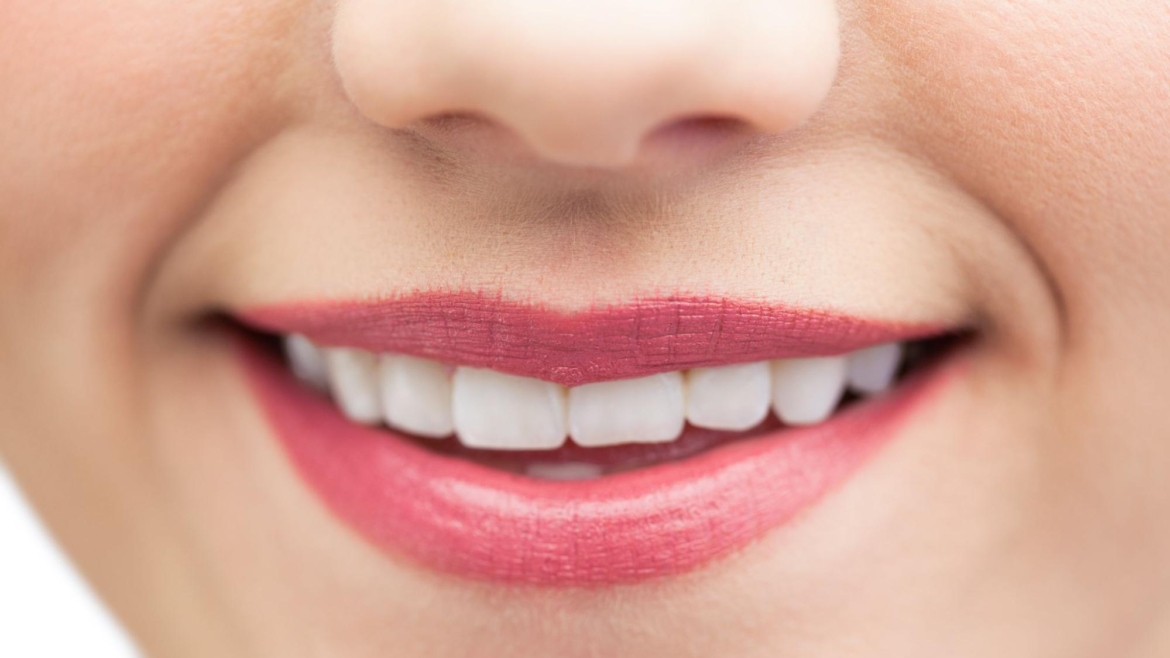
Composite bonding is a popular cosmetic dental treatment among patients in Birmingham, used to reshape, repair, or enhance the appearance of teeth in a minimally invasive way. As more individuals consider this treatment for an improved smile, a common question arises:
“Do teeth go yellow under composite bonding?”
The short answer is no—teeth do not typically become yellow beneath the bonding material. However, discolouration can occur in specific circumstances. This article explores the causes, preventative steps and solutions related to discolouration around and on composite bonding.
Understanding How Composite Bonding Works
To understand discolouration, it is important to know how composite bonding is applied.
At Manor House Dental, our composite bonding procedure in Birmingham involves:
-
- Preparing the tooth by lightly roughening the surface
- Applying a tooth-coloured resin matched to your natural enamel
- Sculpting and curing the material using a dental light
- Polishing the bonded area to achieve a seamless, natural finish
Composite bonding is applied over part of the natural tooth surface. It does not completely cover the tooth like a veneer or crown. As such, if there is discolouration, it is more often related to the bonding material itself or the visible natural tooth, rather than occurring under the composite.
{H2} Can the Tooth Underneath Go Yellow?
1. Only if There Was Pre-existing Discolouration
If the tooth had internal staining or discolouration before bonding—such as from trauma, decay, or natural ageing—this may remain visible, especially in cases where only part of the tooth is bonded.
2. If the Composite Thins Over Time
As the composite resin wears over time, the underlying tooth may become more visible. If that tooth has darkened over the years, the colour change might show through, giving the impression that the bonding has changed colour from beneath.
At Manor House Dental, we often recommend teeth whitening prior to composite bonding if discolouration is present, ensuring a brighter base shade before applying the resin.
What Actually Goes Yellow: The Composite Resin
In most cases, the composite resin material itself is what becomes discoloured—not the tooth beneath. Composite is a porous substance and can absorb pigments from food and drink over time. Common causes of staining include:
-
- Coffee and tea
- Red wine
- Smoking
- Strongly coloured foods (such as curry or tomato-based sauces)
- Infrequent dental cleanings or poor oral hygiene
Unlike porcelain veneers, composite bonding is more prone to absorbing external stains due to its organic resin composition.
How to Prevent Yellowing of Composite Bonding
Maintain Good Oral Hygiene
-
- Brush twice daily with a fluoride toothpaste
- Floss or use interdental brushes regularly
- Avoid overly abrasive whitening pastes that may roughen the surface
Avoid High-Stain Foods and Habits
-
- Reduce intake of coffee, tea, wine and heavily pigmented foods
- Avoid smoking or vaping
- Rinse your mouth or drink water after consuming stain-causing substances
Schedule Regular Dental Maintenance
Regular visits to your dentist or hygienist are essential to polish and maintain the appearance of composite bonding. At Manor House Dental, we offer professional polishing to remove superficial stains and restore the shine of bonded teeth.
Can Yellowing Be Fixed Without Replacing the Bonding?

In many cases, yes. If the discolouration is limited to surface staining, a professional polish can restore the original shade. This non-invasive maintenance is quick and cost-effective.
However, if the staining is deep, or if the composite has worn down significantly, a partial or full re-bonding may be necessary. This is typically straightforward and does not involve removal of natural tooth structure.
When to Seek a Dental Review
You should consult your dentist if you notice:
-
- Stains that do not improve with brushing or polishing
- Noticeable colour differences between teeth
- Chips or surface roughness
- Discolouration near the gumline or edges of the bonding
These may indicate the need for touch-ups, repairs, or a full refresh. Early intervention prevents more complex treatment later.
Why Choose Manor House Dental for Composite Bonding in Birmingham?
-
- Experienced cosmetic dentists specialising in smile makeovers
- Tailored treatment plans using the latest composite materials
- In-depth shade-matching and polishing techniques for natural aesthetics
- Ongoing maintenance and support to preserve your results
We provide honest advice and long-term care for all composite bonding teeth in Birmingham, ensuring your smile remains bright and attractive for years to come.
Final Thoughts: Composite Bonding and Discolouration
To summarise:
-
- Teeth do not generally become yellow under composite bonding.
- The composite material itself is more likely to stain if not properly maintained.
- With appropriate oral care and periodic professional polishing, your composite bonding can remain clean, white and natural-looking.
Whether you’re considering composite bonding for the first time or looking to maintain your existing smile, Manor House Dental in Birmingham is here to provide trusted, expert care.
Book a consultation to discuss your options or schedule a review for your current bonding work.


